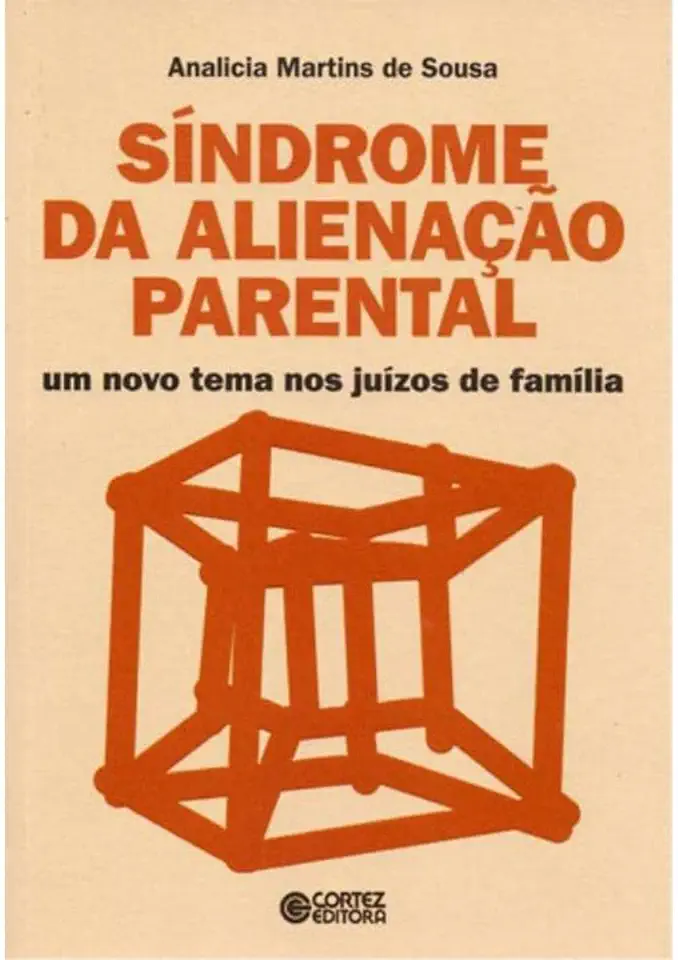
Parental Alienation Syndrome - A New Theme in Family Courts - Analicia Martins de Sousa
Parental Alienation Syndrome: A New Theme in Family Courts
Introduction
Parental alienation syndrome (PAS) is a serious and damaging form of child abuse that occurs when one parent turns a child against the other parent. PAS can have devastating effects on children, including emotional problems, behavioral problems, and difficulty forming healthy relationships.
In her book, Parental Alienation Syndrome: A New Theme in Family Courts, Analicia Martins de Sousa provides a comprehensive overview of PAS. She discusses the history of the syndrome, the symptoms of PAS, and the impact of PAS on children. She also provides practical advice for parents and professionals who are dealing with PAS.
Symptoms of PAS
The symptoms of PAS can vary depending on the age of the child and the severity of the alienation. Some of the most common symptoms include:
- The child refuses to see or talk to the alienated parent.
- The child makes false or exaggerated accusations against the alienated parent.
- The child shows a lack of empathy for the alienated parent.
- The child becomes hostile or aggressive towards the alienated parent.
- The child's behavior deteriorates in school and at home.
Impact of PAS on Children
PAS can have a devastating impact on children. Children who are alienated from a parent may experience:
- Emotional problems, such as depression, anxiety, and low self-esteem.
- Behavioral problems, such as acting out, aggression, and delinquency.
- Difficulty forming healthy relationships, both with peers and with adults.
- Academic problems, such as difficulty concentrating and falling behind in school.
- Health problems, such as headaches, stomachaches, and sleep problems.
Treatment for PAS
There is no cure for PAS, but there are treatments that can help to reduce the symptoms of the syndrome and improve the child's functioning. Treatment for PAS typically involves:
- Therapy for the child, which can help the child to process their feelings about the alienation and develop healthy coping mechanisms.
- Therapy for the parents, which can help the parents to understand the dynamics of PAS and to develop healthy parenting skills.
- Family therapy, which can help the family to heal and to rebuild relationships.
Conclusion
PAS is a serious and damaging form of child abuse that can have a devastating impact on children. If you are concerned that your child may be experiencing PAS, it is important to seek professional help immediately.
Why You Should Buy This Book
Parental Alienation Syndrome: A New Theme in Family Courts is an essential resource for anyone who is dealing with PAS. This book provides a comprehensive overview of the syndrome, including the history, symptoms, and impact of PAS on children. It also provides practical advice for parents and professionals who are working to help children who are experiencing PAS.
If you are a parent who is concerned that your child may be experiencing PAS, or if you are a professional who works with children and families, I highly recommend that you purchase this book. It is a valuable resource that can help you to understand and address this serious problem.
Enjoyed the summary? Discover all the details and take your reading to the next level — [click here to view the book on Amazon!]